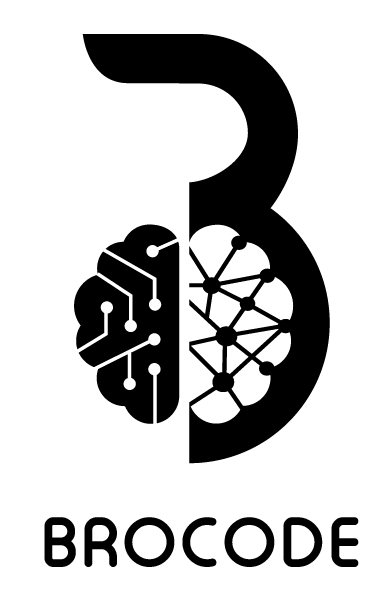Harnessing the Versatility and Efficiency of Python to Revolutionize Web Development
Python, a dynamic and versatile programming language, has gained immense popularity in recent years. Its simplicity, readability, and extensive libraries make it a powerhouse for various applications, and web development is no exception. In this blog post, we explore the power of Python in web development and how it unlocks endless possibilities for developers and businesses alike.
Python has become a go-to language for web developers due to its exceptional capabilities and ease of use. With a wide range of frameworks and tools specifically designed for web development, Python empowers developers to create robust and scalable web applications with efficiency and speed.
One of the primary reasons behind Python’s success in web development is its simplicity and readability. Python’s clean syntax and intuitive structure make it easy for developers to write and maintain code. The language emphasizes code readability, reducing the chances of errors and improving collaboration among team members. Python’s elegant design allows developers to express complex ideas in a concise and straightforward manner, enhancing productivity and reducing development time.
Another key advantage of Python in web development is its extensive collection of libraries and frameworks. Django and Flask, two of the most popular Python web frameworks, provide a solid foundation for building web applications. Django offers a complete set of tools and features for creating complex, database-driven websites, while Flask provides a lightweight and flexible framework for smaller projects. These frameworks, along with numerous libraries such as Requests, Beautiful Soup, and NumPy, enable developers to leverage pre-built functionalities, saving time and effort in the development process.
Python’s versatility is a significant asset in web development. It seamlessly integrates with other programming languages, allowing developers to combine the strengths of different tools and frameworks. For instance, developers can use JavaScript libraries like React or AngularJS alongside Python to create dynamic and interactive web interfaces. Python’s compatibility with other languages and platforms facilitates the integration of existing systems and ensures smooth communication between different components of a web application.
Web scraping, a technique used to extract data from websites, is another area where Python excels. Python’s libraries, such as BeautifulSoup and Scrapy, provide powerful tools for web scraping, enabling developers to gather information from various sources and automate data extraction processes. This capability is invaluable for businesses that rely on real-time data for market research, competitor analysis, and content aggregation.
Moreover, Python’s strong community support and active developer community contribute to its prominence in web development. The vast and supportive community ensures a constant stream of updates, bug fixes, and new libraries, making Python an ever-evolving language. The community also provides ample resources, tutorials, and forums, making it easier for developers to learn, troubleshoot, and share their knowledge.
In conclusion, Python’s power in web development is undeniable. Its simplicity, readability, extensive libraries, versatility, and strong community support make it an ideal choice for developers seeking to unlock endless possibilities. Whether you are building a small-scale web application or a large-scale enterprise system, Python provides the tools and flexibility necessary to streamline development and deliver high-quality, feature-rich web experiences. Embrace the power of Python and embark on a web development journey that opens doors to infinite opportunities.

